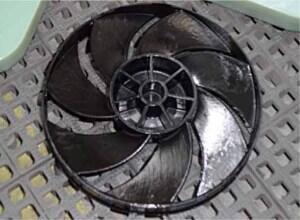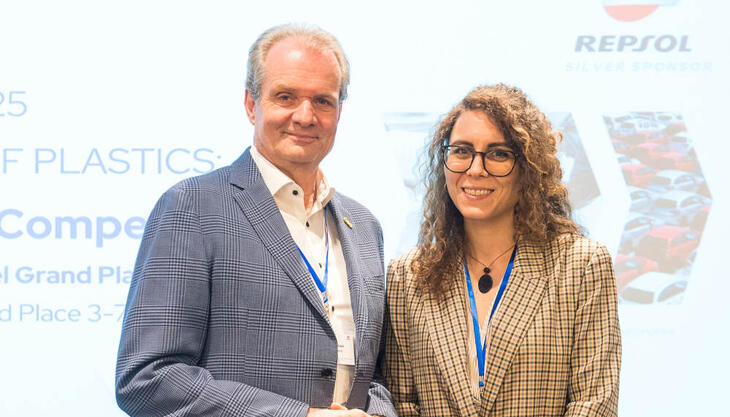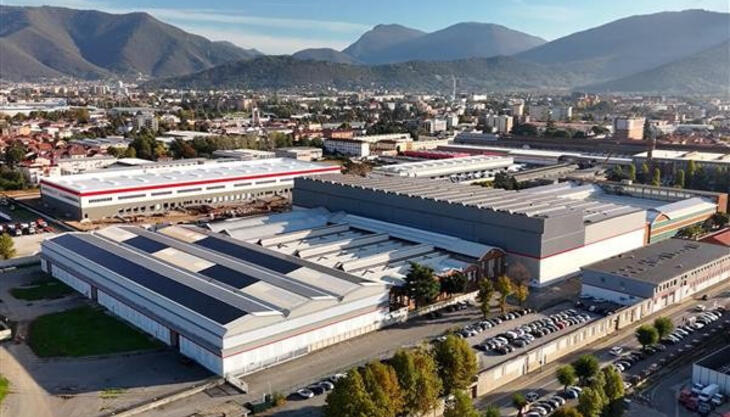3D printing helps to create perfect prototypes

József Gábor Kovács, head of the Department of Polymer Engineering Laboratory, Budapest University of Technology and Economics, recently sought the assistance of 3D printing technology when faced with a design challenge posed by a major manufacturer. He and his team were commissioned to design a general purpose electric fan that could provide enhanced cooling but at a significantly reduced noise level. The new design also had to pass safety tests performed under extreme load conditions like intense temperature, multiple hours of operation, and high rotation speeds.
To perform the tests the team needed an efficient, inexpensive method of producing injection moulded prototypes from the same material that would be used to create the final product. However, conventional methods of producing injection moulds are often painstaking, highly expensive and time intensive - all of which were factors the team could not afford. So Kovács turned to the Objet350 Connex 3D printer from Stratasys.
Three prospective fan designs were created using the 3D printer. Within hours, the prototypes were ready to be placed onto an engine axis for testing. Kovács then chose the best performing fan design for the next stage of development. During the next two days, he designed and printed a three-part injection mould from Digital ABS material. The mould was then mounted onto an Arburg Allrounder 70 ton injection moulding machine and several thermoplastic fans were produced from Polyoxymethylene (POM).
The result? The advanced prototypes not only passed the required safety tests, they were able to increase cooling performance by 20% while reducing the associated noise level by 7dB. Reflecting on the experience, Kovács commented that PolyJet technology provided the team with a "complete end-to-end solution without incurring major cost or time". And how did he feel about the injection moulded prototype's quality? Dr. Kovács was delighted. He noted that the prototype was "just perfect; there was no need for post-processing". "Today PolyJet-based rapid tooling is the most effective solution to test a product using real, end-use injection moulded parts", he concluded.
















